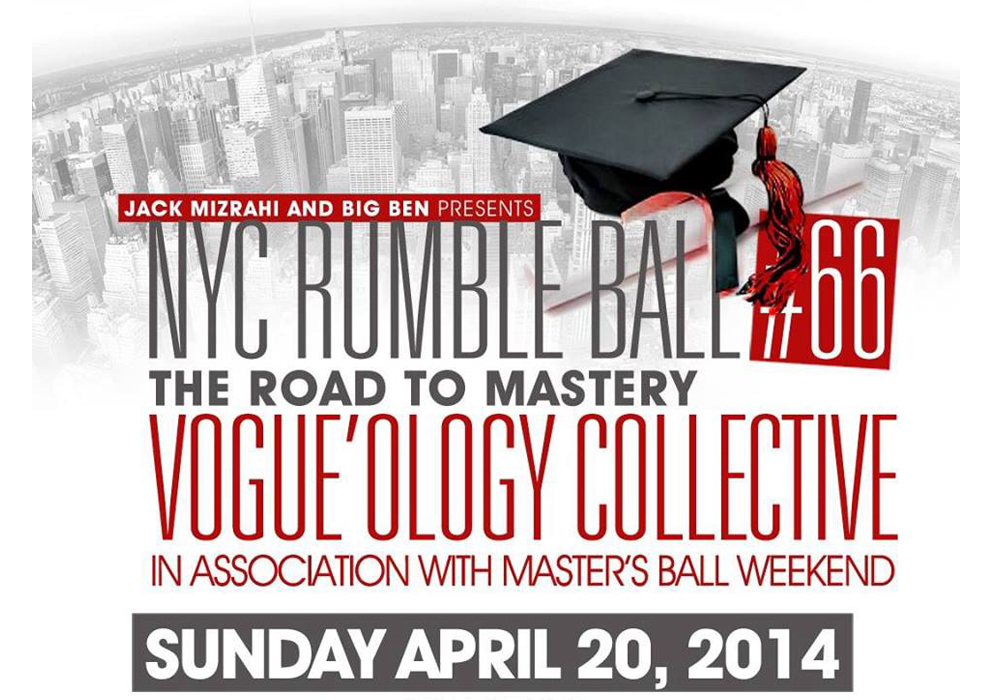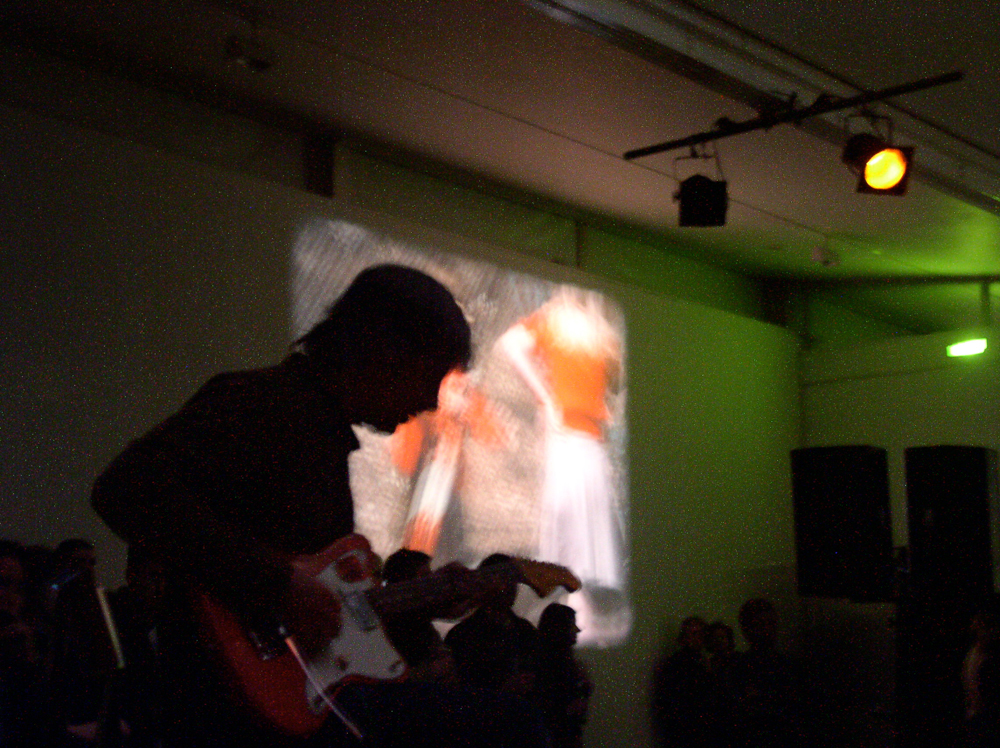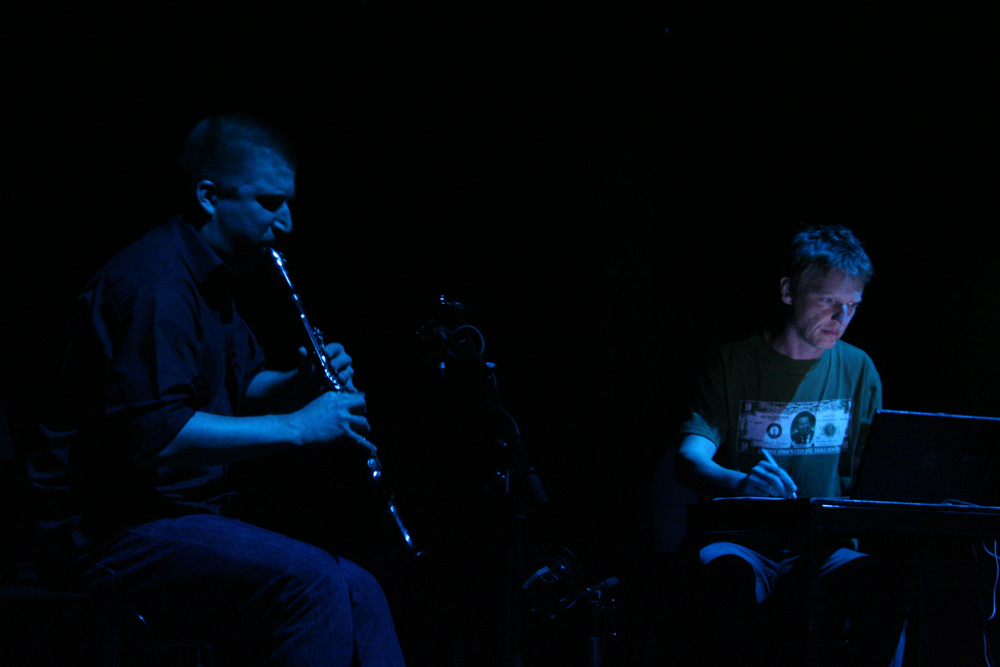
Stephan Mathieu
Stephan Mathieu
Work that focuses in on the static hiss and background noise of recording and pushes it to the fore.
Arika have been creating events since 2001. The Archive is space to share the documentation of our work, over 600 events from the past 20 years. Browse the archive by event, artists and collections, explore using theme pairs, or use the index for a comprehensive overview.

Work that focuses in on the static hiss and background noise of recording and pushes it to the fore.

Instead of the one-way monologue of normal performance, what would be the result of an actual collective dialogue? Where would it go?

This session focuses in on the defiant mutual aid practices of early and DIY feminist movements in the UK, that attempted to shift and radicalise care and kinship away from the domain of the nuclear family.

Akio Suzuki and John Butcher performing in an abandoned oil tanker on Hoy.

Stripping back the domesticated ‘meaning’ of (everyday, mundane, kitchen) tools to reveal “a lexicon of rage and frustration.” Plus an allegorical use of mundane, everyday things as an examination of how meaning is constructed in film.

Solo organ performance by German composer Eva-Maria Houben, which focuses on ‘nearly nothing’ to expand the way we listen.

This mini, late-night ball will include categories inspired by the events earlier in the weekend.

The club as a community and a site for performed politics: deep/ queer house, vogue femme, lipsync and ballroom.

“Introduction to Protactile Theory” is a legendary seminar that facilitator John Lee Clark has designed to bring diverse communities into conversation with the Protactile movement.

As opposed to suggesting soundtrack’s to Brakhage’s works [which are almost entirely silent] Text of Light use his works to stimulate improvisation, enveloping them into the structure of the group much like an additional musician.

Los Glissandinos work with clarinet and sine tones beating and thrumming in your middle ear, all beautifully paced and serene, but with just enough steely menace broiling under the surface to keep you on edge.

How do we sense entanglement? Can the knotting of ropes according to a poem’s rhythm make the social pulse of language matter?